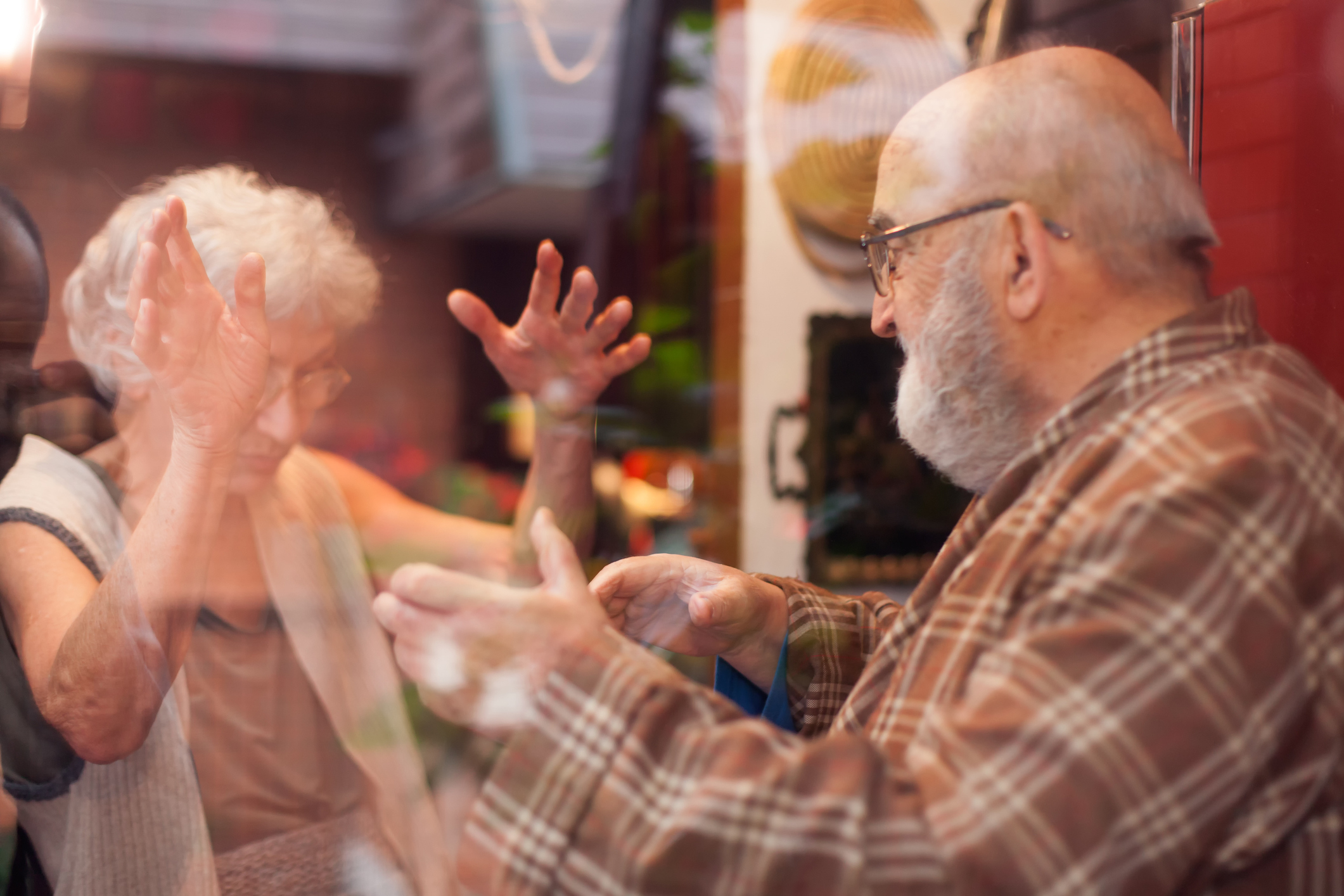Media reports and recent studies have uncovered many shocking incidents of abuse in nursing homes, often perpetrated by the caregivers entrusted to look after the physical and emotional well-being of elderly adults when families can no longer manage alone. In some cases other residents are bullying or even physically assaulting their housemates and frequently long-term care staff are insufficiently trained and overwhelmed. Growing awareness of these conditions puts family and loved-ones on the alert as advocates to ensure our seniors are safe in long-term care.
But what often goes unnoticed or unreported is the abuse of caregivers by their charges, both at home in the workplace. Patients who suffer from dementia or have brain injuries can often lash out at the very person they rely on for help with daily personal care. A loss of independence, combined with the stress and confusion of moving to a new home, with unfamiliar surroundings and faces, can also cause angry outburst amongst elderly residents.
At home, family caregivers of older adults who may have personality changes related to Alzheimer’s disease or other conditions, can also be abusive to their caregiver. Whether emotional or physical, these assaults take their toll and caregivers may not know where they can turn for help. In both cases, either formal or informal, it’s important to start documenting espisodes of abuse and the circumstances leading up to violence or verbal abuse.
A recent study of violence against caregivers in six nursing homes in Ohio found that training staff with violence prevention skills significantly increased their knowledge and confidence they could handle situations of assault. With training, violence can be decreased and caregivers can learn skills to better manage anger and physical and emotional assaults.
Just as children lash out at those who love them most, often their parents, seniors who are ill, depressed, frustrated or angry about their circumstance tend to target their caregiver with abusive behavior. Caregivers, even close family members, need to set boundaries and make sure their own wellbeing is a priority. By researching alternative or respite care, caregivers can take a break for self care. Seeking the help of a counselor to develop the skills to manage behavioral issues of an elderly loved-one may also be a useful coping strategy. Still, there may come a time when permanent professional care is required.
Most informal or family caregivers have received little or no training to give the care they provide. However, there are a number of online training programs available for family caregivers to supply them with the tools and resources to more effectively and safely care for love-ones. Powerful Tools for Caregivers and The Savvy Caregivers are two online training programs to check out. To read more about caregiver training and for information about caregiver support groups follow this link to the Alzheimer’s Association of America.






Add Your Voice
0 Comments
Join the Discussion